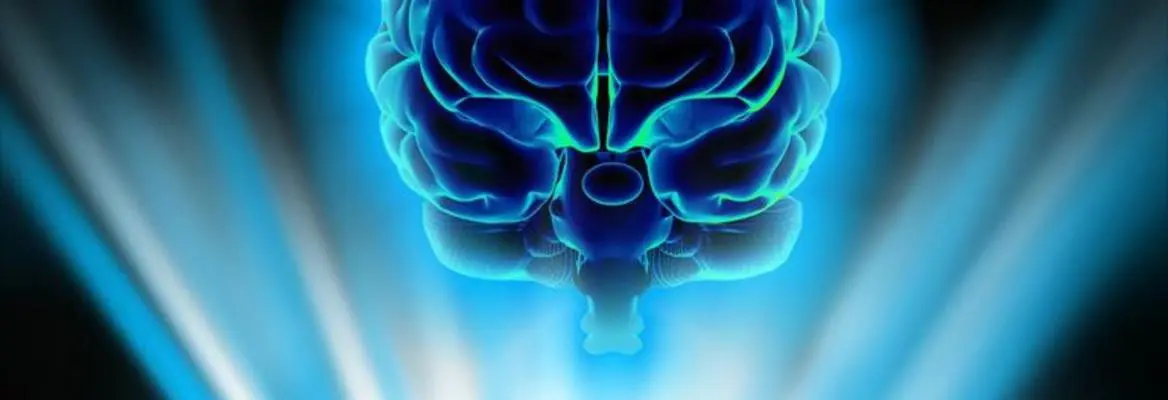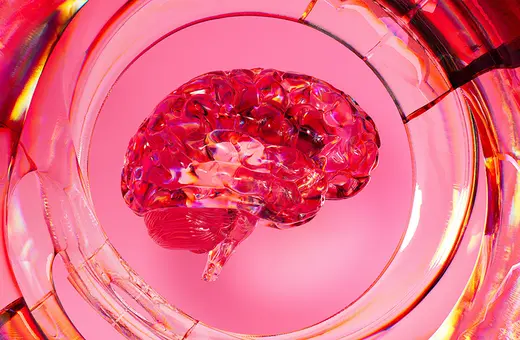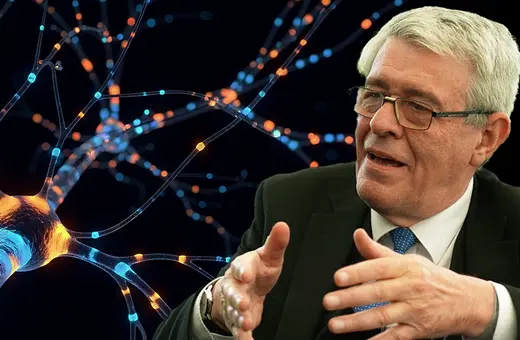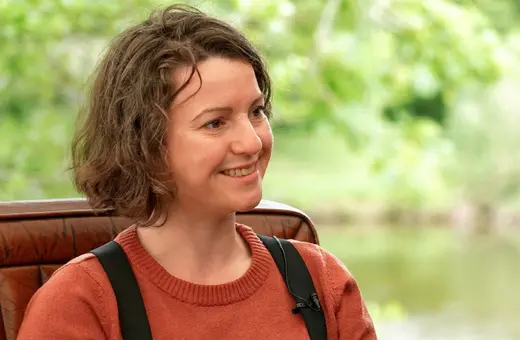The first “Big Science” projects came from physics and astronomy – think the atomic bomb, CERN or the Hubble telescope. No longer; now it is the turn of the biomedical sciences. Although the 1990s was supposed to be the decade of the brain and the 2000s that of the mind, brain science has hitherto lacked a big project and certainly a big budget.
Now, suddenly, it has two. Last year the EU announced that one of the winners in its €1billion “Grand Challenges” competition was the Human Brain Project (HBP) – which recently received a funding boost thanks to a 40% increase in the number of partners in the HBP consortium. Also launched last year, with much fanfare, was President Obama’s $3billion “Brain Action Map” (BAM). Obama cited the Battelle Institute’s claim that every dollar spent on the Human Genome Project (HGP) had yielded $140 to the US economy, though as yet only the first $100 million has been committed to the project.
For both the Europeans and the Americans, “solving” the human brain is “the greatest scientific challenge of the 21st century,” making it possible to prevent or cure diseases from autism to Alzheimer’s, enabling new supercomputers to be constructed, and at long last providing a scientific understanding of self and mind. The projects differ in that the Europeans – a collaboration of some 40 labs – argue that the way forward is to create a silicon “virtual brain” through cloud computing. By contrast the BAM, picked up by Obama from a scheme floated by a group of (mainly) Californian neuroscientists, aims to map the trillions of connections between every nerve cell to create a “connectome.”
Apart from the direct beneficiaries of this public largesse, the neuroscience community has largely reacted with scepticism. After all, even for that most studied of organisms, the worm C elegans, with no more than 302 nerve cells all of whose connections are known, it is still not possible to translate wiring diagrams into behaviour. Furthermore, one of the fundamental properties of the human brain is its plasticity – the way that millisecond by millisecond and decade by decade the brain changes; its connections ever being made, broken and remade in different patterns as the brain’s owner responds to the world around them.
Freezing such dynamism, whether in silicon or in a connectome, is to set aside this understanding. The EU’s failure to consult one of the worlds’ richest biomedical research charities and major neuroscience funder, the Wellcome Trust, based in London, whose huge financial contribution to the HGP rescued it at a very difficult stage in its history, looks like something of an own goal. To promise that these mega projects will solve brain and mental diseases, hyperbolic claims we have heard before, it is hard not to respond with a weary sense of déjà vu.
Those who watch biomedical research policy have by now become used to the launching of such gargantuan programmes claiming to deliver near limitless gains for both health and wealth. It started with the HGP in the 1990s, when molecular biologists claimed that genes’R’us and the editor of Science suggested that sequencing the human genome would solve cancer, schizophrenia and depression and thence homelessness. By the millennium, the promise of stem cells was editorialised in The Guardian as “almost biblical in nature.. would make the blind see.. the deaf hear”. Thus far, the health benefits of both genomics and regenerative medicine have been modest, though several fortunes have been made. In these new “Big Neuro” projects, will wealth trump health yet again?





















Join the conversation